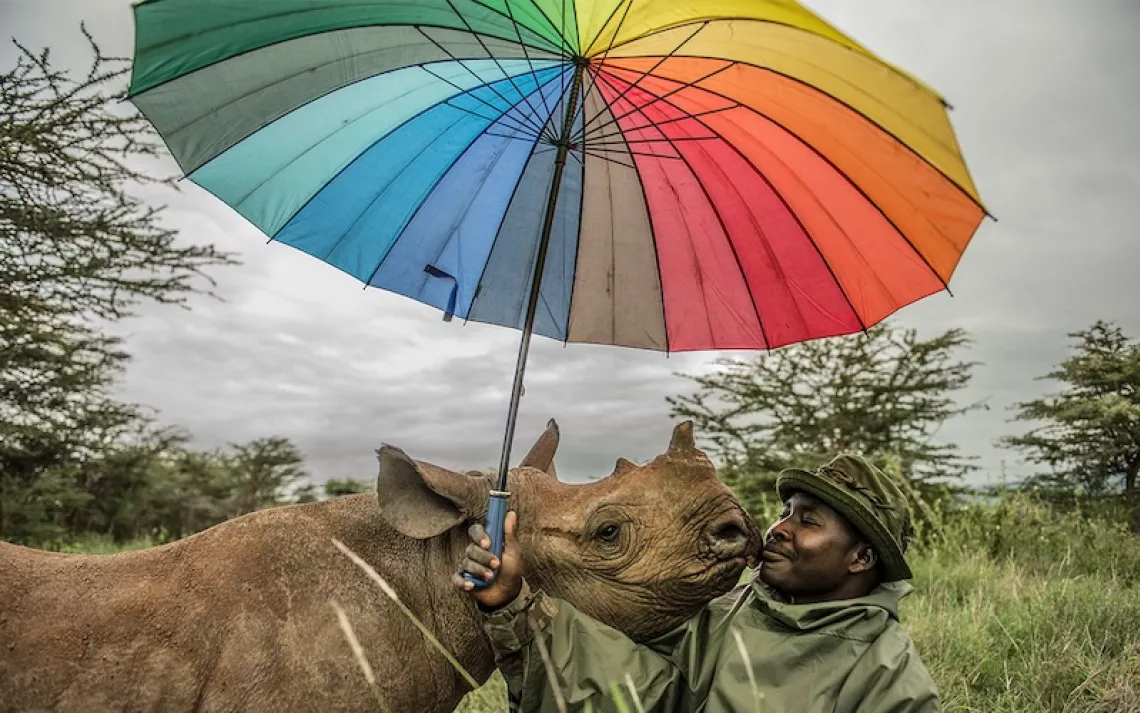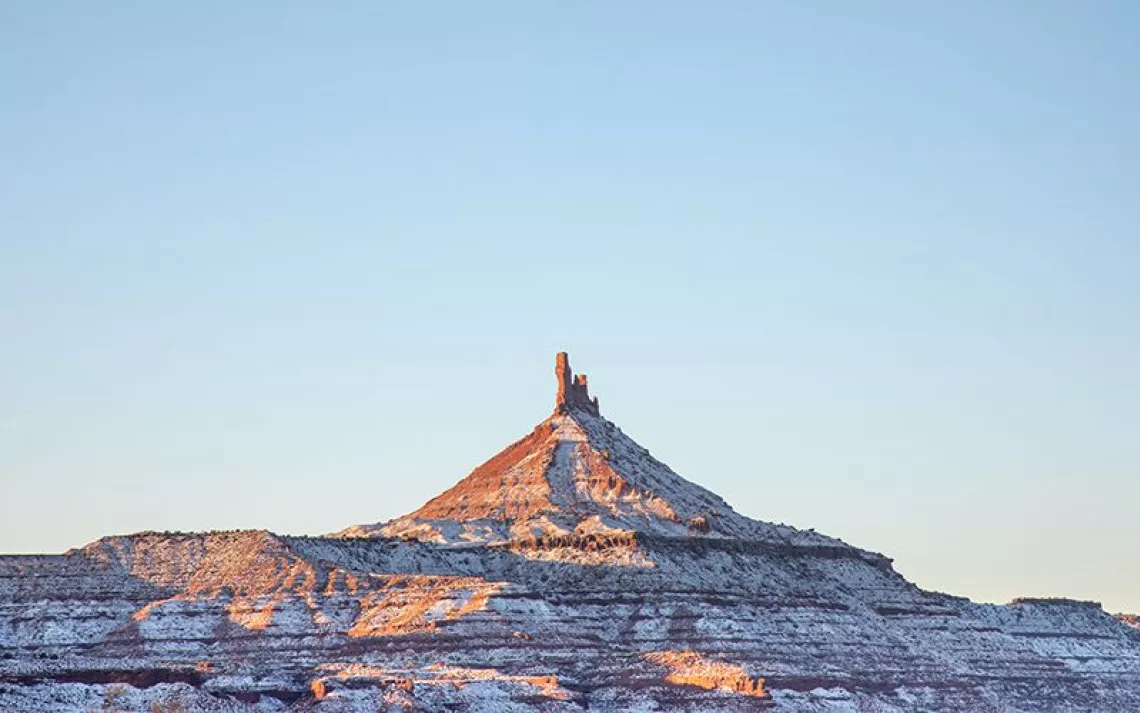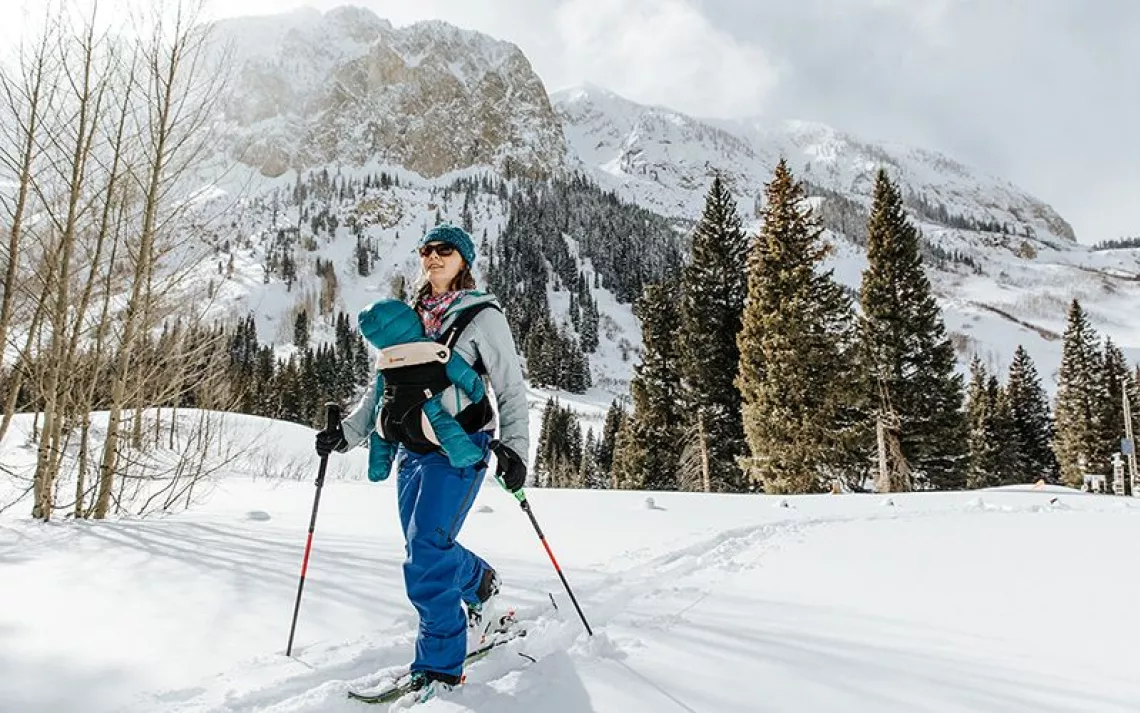Cap Women’s History Month By Learning About 6 Eco-Sheroes
These environmental leaders haven’t let divisions stop them

Photo by Katerina Sisperova/iStock
Many among history’s most seminal environmental thinkers were trailblazers who happened to be women. Several National Park Service sites and natural features celebrate and honor contributions from the likes of Harriet Tubman, Rachel Carson, and Georgia O’Keeffe, and thousands of women in the environmental movement have continued to push for equity, collaboration, and conservation that benefits everyone.
Here are six notable women working in different spheres of the contemporary environmental movement. They’re experts in communicating the facts, building relationships, finding common ground—and effecting lasting change.
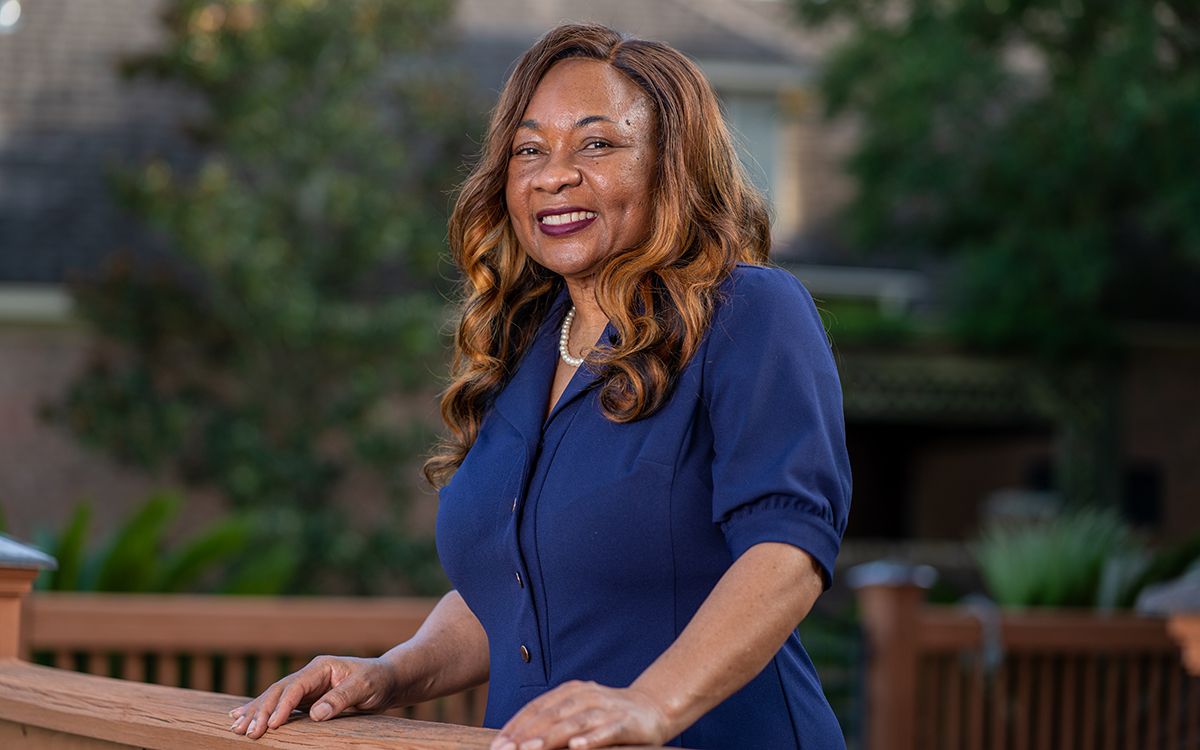
Catherine Coleman Flowers
Environmental health advocate and 2020 MacArthur Fellow Catherine Coleman Flowers is battling rural water and sanitation inequity. She aims to raise awareness of inadequate waste management, which puts rural residents—especially Black communities—at risk. Her book Waste: One Woman’s Fight Against America’s Dirty Secret (The New Press, 2020) recounts how her personal history informs her environmental justice work.
The issue hits close to home for Flowers. She grew up in Lowndes County, Alabama, where raw sewage overflowed into yards and contaminated drinking water. But she’s since discovered, and publicized, that failing waste infrastructure is a threat to communities nationwide. In her work, Flowers emphasizes that environmental harms are a human rights issue.
“I’ve always been an environmentalist,” she said in 2018. “Some people think you’re only an environmentalist if you care about polar bears. But if you care about people and you care about land and you care about God’s creations, then you’re an environmentalist."
Flowers is a partnership-builder, seeking collaborative approaches to waste management and bringing community groups and elected officials together to address sanitation issues. She views building adequate water infrastructure as a particularly urgent concern in the face of the climate crisis.
To learn more about health disparities, watch Renaisa S. Anthony, former deputy director of the Center for Reducing Health Disparities, discuss health equity.
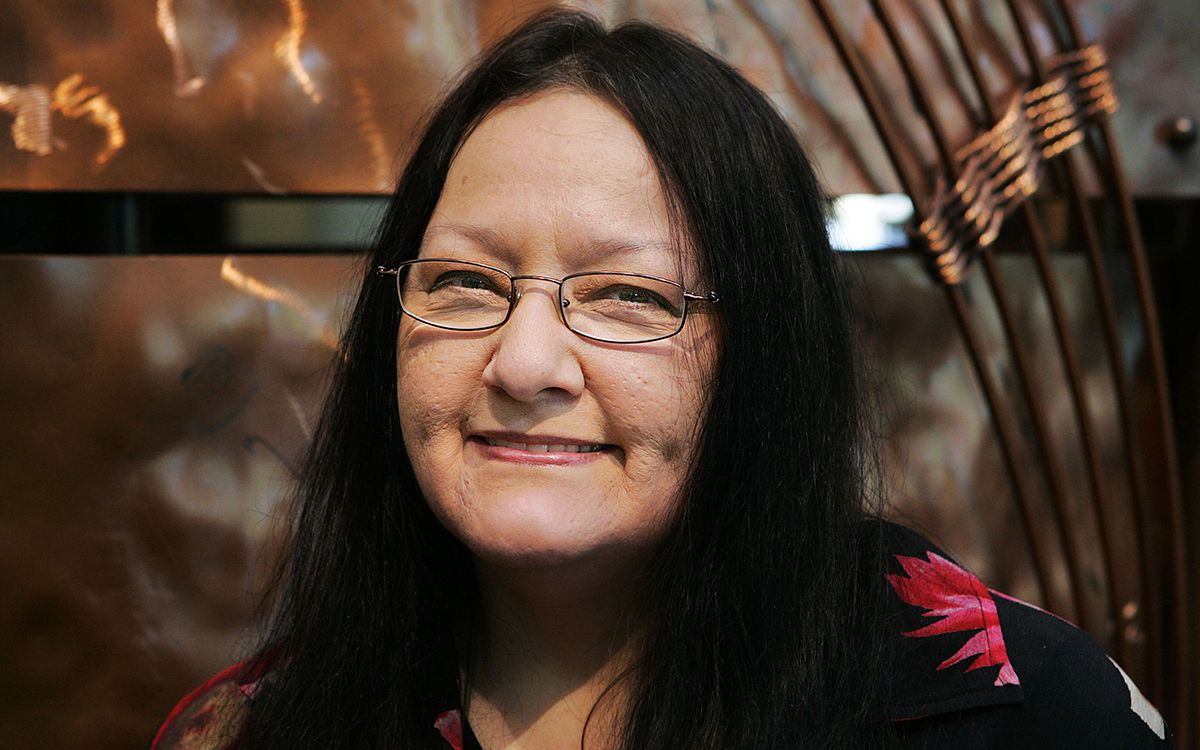
Photo by Manuel Balce Ceneta/AP
Suzan Shown Harjo
Known for drawing attention to the injustices and threats faced by Indigenous people, Suzan Shown Harjo, a member of the Cheyenne and Hodulgee Muscogee peoples, has been a leading Native rights advocate for decades. Throughout her years as a public figure, Harjo has worked to expand public awareness of Native rights issues like the loss of tribal lands, language, and artifacts. She founded the nonprofit Morning Star Institute in 1984 to further her mission of land protection and cultural rights.
Harjo fought for and won passage of the National Museum of the American Indian Act, mandating the construction of a national museum that would protect Native American artifacts and support education and study of Native issues. Harjo began pushing for the act, which passed in 1989, more than two decades earlier.
“We began to envision what it would be like for a place that would do it right,” Harjo said of the museum during a speech for a new exhibit in 2014, describing her shared vision of a cultural center that would meaningfully uplift Native heritage. “This is the place we envisioned.”
To learn more about Native rights, watch LoVina Louie of the Coeur d’Alene Tribe discuss the root causes of modern injustice.
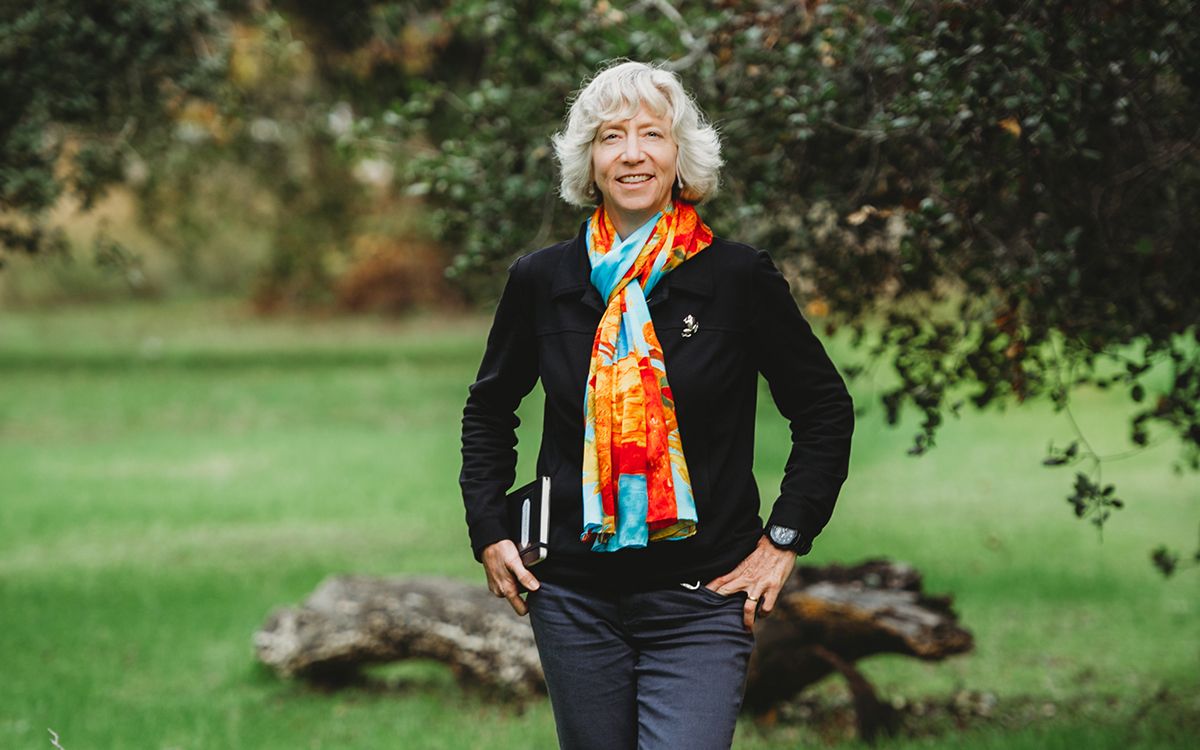
Gretchen Daily
Stanford University professor Gretchen Daily studies ecosystem services—the benefits to humans provided by nature. She’s one of the foremost scholars on the economics of natural resources and an advocate for sustainable development, expanding human well-being while preserving the natural systems on which people rely.
Through the Natural Capital Project, Daily works to bridge development and conservation by centering the role of ecosystem services in policy and land management. She works across sectors, partnering with governments, businesses, development groups, and local communities to understand and bring attention to human dependence on nature, and backs an approach to pandemic recovery that includes the construction of new green spaces.
“On the one hand, we need more nature. On the other hand, the answer is not going to be just trying to lock it up in more extensive park systems around the world,” Daily said in 2017, after winning the esteemed Blue Planet Prize. “So the Natural Capital Project is all about mainstreaming these ideas about the value of nature into our day-to-day decisions.”
To learn more about the idea of ecosystem services, watch Global Environment Facility head Naoko Ishii make an economic case for protecting natural resources.
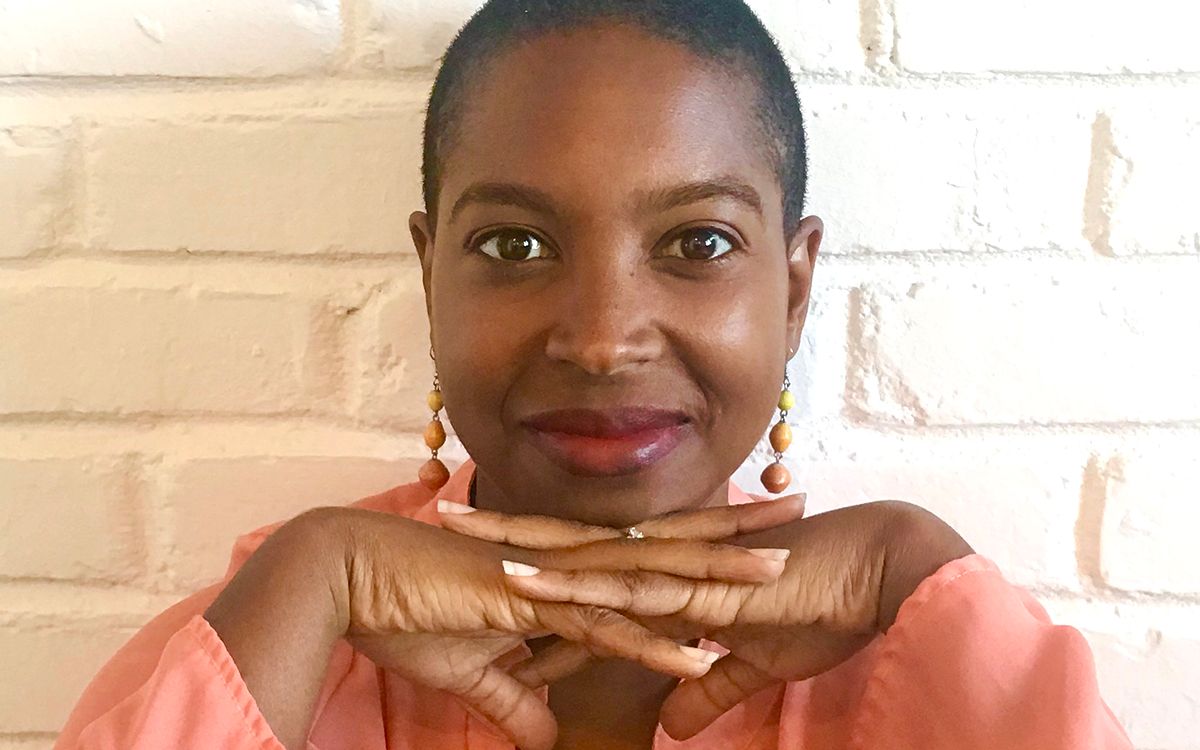
Nikki Silvestri
Nikki Silvestri, founder of environmental consulting group Soil and Shadow, believes that strong social movements are the product of strong relationships. Silvestri knew from an early age that she wanted to be an environmental activist, but didn’t see herself represented in the movement.
“I said to my teacher and my friends, ‘I’m going to be an environmentalist,’ and my friends said, ‘Really? Do you know any Black environmentalists?’” Silvestri said during a 2014 TEDx Talk. “And I really had to sit there and think about it.”
During college, Silvestri was often the only Black person in environmental conversations, where she felt forced to “speak for all Black people.” She found commonality in the food movement—what she views as the gateway to environmental activism. There, she discovered the power of being vulnerable with others, and learned to wield relationships in pursuit of solutions to food injustice, including as a former nonprofit director and a current faculty member at the Food Business School.
Silvestri believes in strengthening interpersonal connections while also cultivating relationships between people and the natural world. Through her advocacy, she works to bring vulnerability into conversations with leaders, businesses, and other organizations, and strives to draw attention to the interrelatedness of environmental justice issues and social inequity.
To learn more about food insecurity, watch Goodr CEO Jasmine Crowe discuss ending hunger.
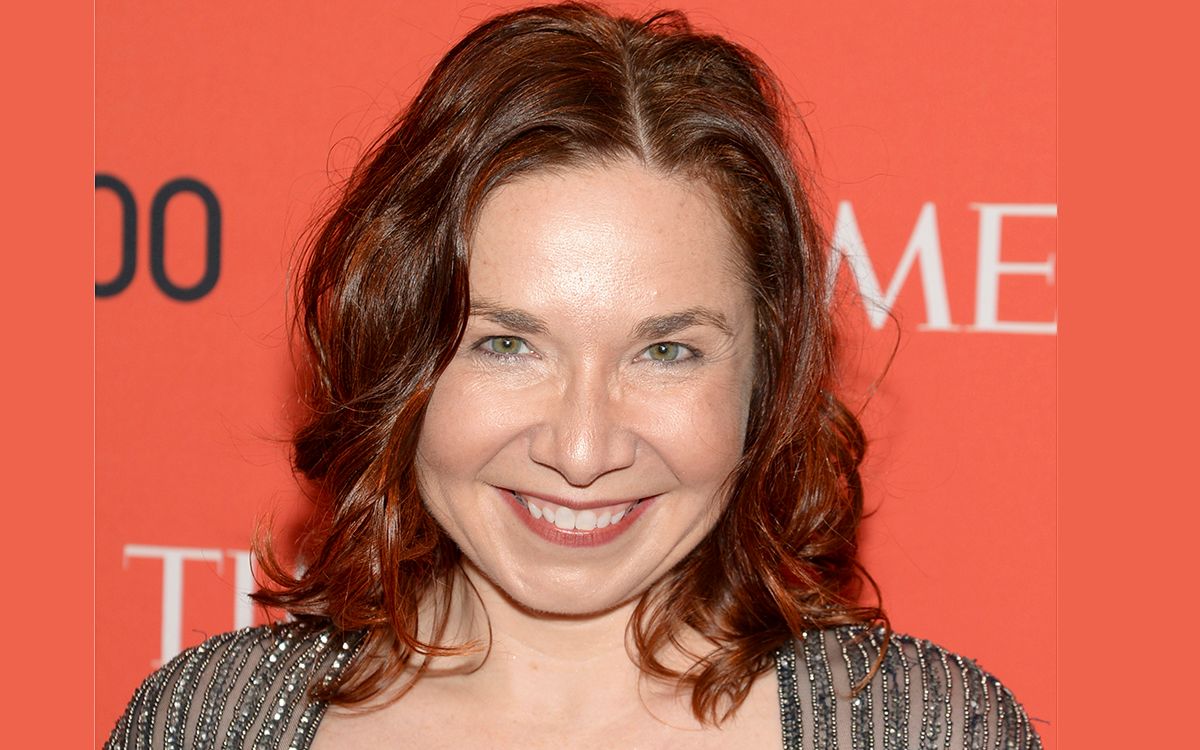
Photo by Evan Agostini/Invision/AP
Katharine Hayhoe
Climate scientist, political science professor, and evangelical Christian Katharine Hayhoe uses her faith to talk about climate—to great effect. She succeeds at communicating the science behind climate change where many others do not (she enjoys widespread and bipartisan support), and credits her ability to reach people to her desire to build personal connections with those who don’t share her views. Among the first people she convinced was her own husband, an evangelical pastor.
“If people have built their identity on a certain set of facts, then arguing over those facts is a personal attack,” Hayhoe said in a 2019 TED Talk. “It causes them to dig in deeper and it digs a trench rather than building a bridge.”
Instead, Hayhoe tries to share the science, and counter false narratives about climate, in a way that is accessible to people and surmounts partisan divisions. She begins by seeking common values, speaks from personal experience, and doesn’t shy away from using the language of faith. Her upcoming book, Saving Us: A Climate Scientist’s Case for Hope and Healing in a Divided World (Simon & Schuster, September 2021) teaches readers to go beyond the facts.
To learn more about climate communication, watch Northern Michigan University professor Jessica Thompson discuss how to talk about climate change.
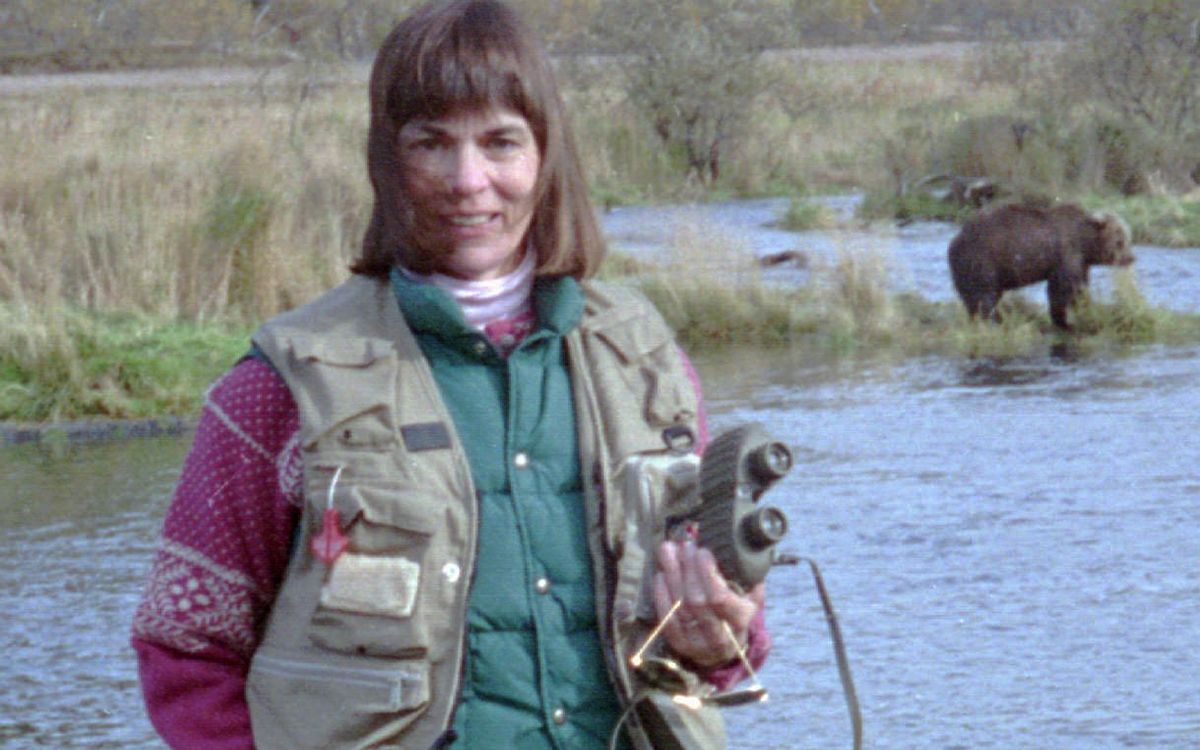
Photo by Connie Barclay/Associated Press
Mollie Beattie
Biodiversity advocate Mollie Beattie dedicated her life to keeping nature whole. A champion of both public land protections and private land stewardship, Beattie served as the first female director of the US Fish and Wildlife Service under President Clinton, and became known for defending wildlife habitats and promoting responsible conservation practices among private landowners.
Beattie pushed for land management that considered entire ecosystems, emphasizing the interdependence of humans and the environment. She argued that a proactive approach to ecosystem preservation was necessary to safeguard human health and economic security. Her focus on conserving entire ecosystems continues to inform land management practices today.
“When Americans are asked what the most pressing environmental issues are, they cite pollution issues such as toxic wastes and clean water,” Beattie told reporters in 1995. “Problems like loss of biodiversity, rapid depletion of natural resources and the international problems of population explosion are way down the list. And yet these are the issues that are of greatest importance to the long-term health of our world.”
Beattie, who died of brain cancer in 1996, when she was just 49, is remembered for her ability to collaborate across interest groups. Following her death, Congress designated the Arctic National Wildlife Refuge’s Mollie Beattie Wilderness in her memory.
To learn more about ecosystem protection, watch conservationist and former Patagonia CEO Kristine Tompkins discuss rewilding landscapes.
 The Magazine of The Sierra Club
The Magazine of The Sierra Club
